“Should A Homophobic And Antisemitic Politician Defeat Hungarian PM Viktor Orbán?” was the title of the article written by László Bernát Veszprémy – holocaust researcher, journalist, and deputy editor-in-chief of the Neokohn news portal – which appeared on December 23rd in the Times of Israel newspaper.
Soon after, the portal erased the article while Hungary’s leftist portals attacked the author; critical, anti-Semitic, and even comments of physical violence were posted to his social media profiles.
As Magyar Nemzet previously reported, this was all triggered by Veszprémy’s article summarizing the posts of the left-wing prime minister candidate, Péter Márki-Zay, that were offensive to Jewish people.
“In the article I listed how many anti-Semitic politicians the candidate for prime minister, Péter Márki-Zay, has worked with and been photographed with. The list is long: former skinhead and president of Jobbik Tamás Snieder. His campaign was also supported by Barna Csibi. Márki-Zay even defended László Bíró and Lajos Rig, both from Jobbik (the latter Márki-Zay’s movement, the Everybody's Hungary Movement, publicly defended). Memorably, Bíró called Jews a ‘lice-slide’, and Rig called gypsies the Jews’ biological weapon.
Aside from this, Márki-Zay posted a picture of Viktor Orbán after the Pegasus scandal featuring a menorah. (Chief Rabbi Róbert Frölich and György Gábor also voiced their offence to this)
I also hinted in my article, that I think Márki-Zay – who likes to call Fidesz politicians gay – is a homophobe as well,” said the journalist in another article that he published on January 7, on Mandiner Online.
As László Bernát Veszprémy informed us, the Times of Israel still has not provided an explanation as to why that article was taken down.
“I received a letter that they took down my article, but I received no explanation except that I was attacking the Hungarian government’s enemies.
This would imply that if for example, an anti-Semitic Jobbik member was the enemy of the Hungarian government, then I couldn’t write about his past in a Jewish newspaper – totally absurd! Since then, I’ve written multiple letters to the editors, but they haven’t replied.“
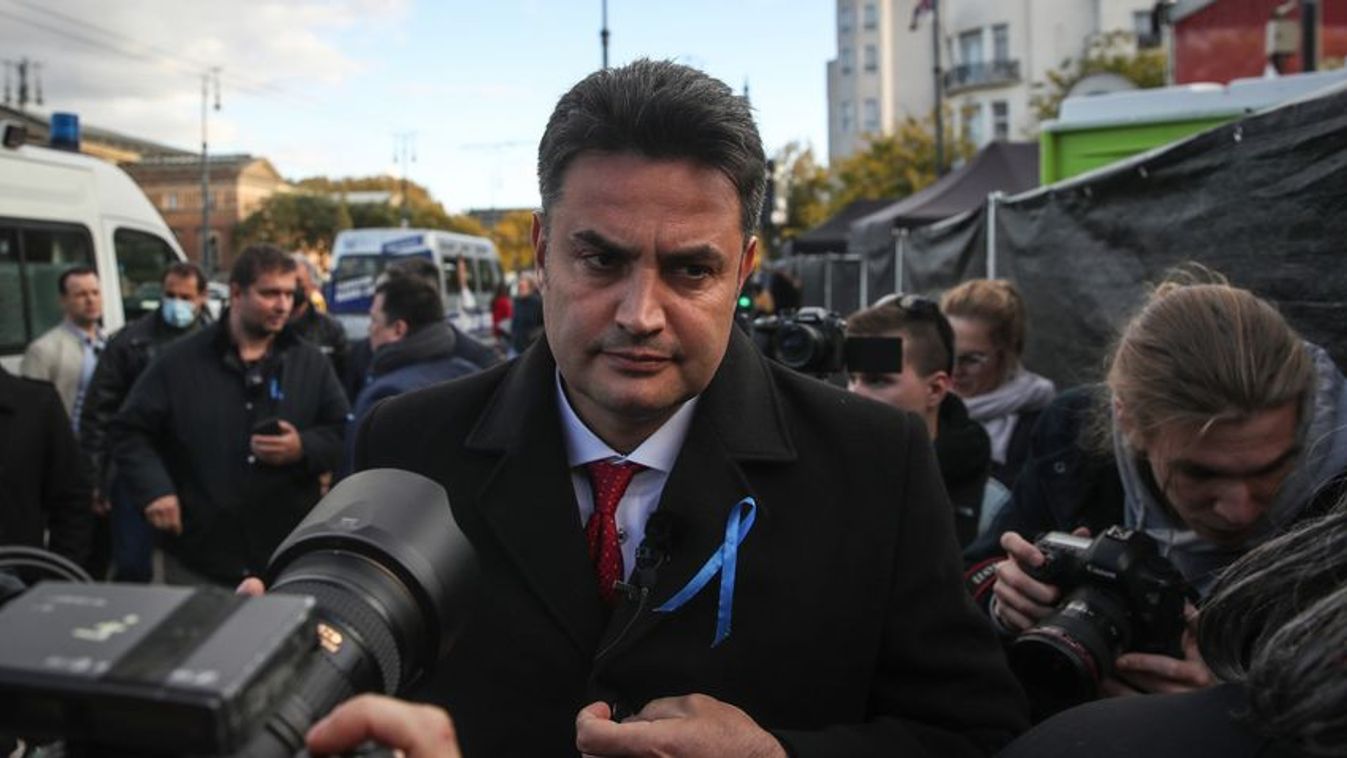
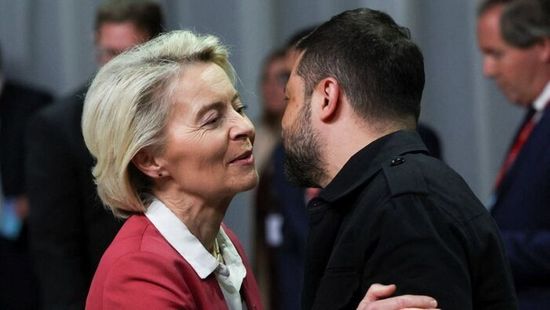





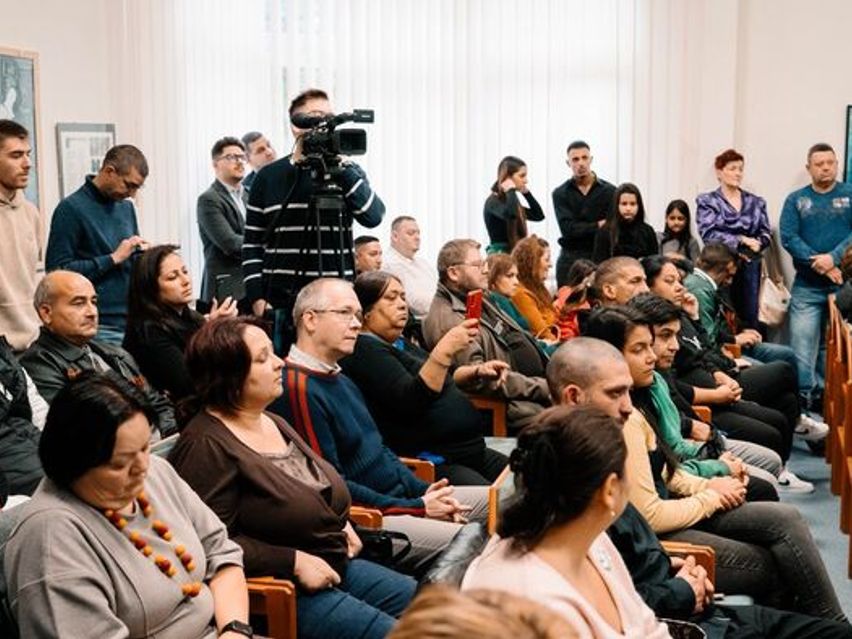



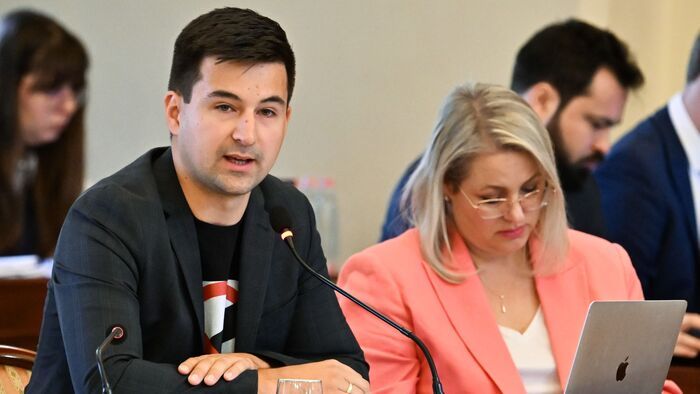

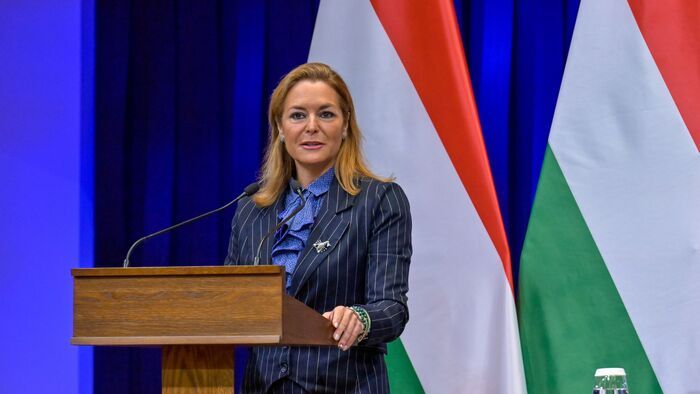
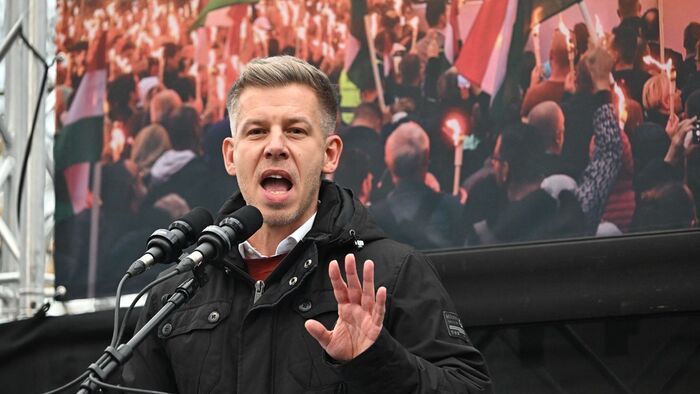


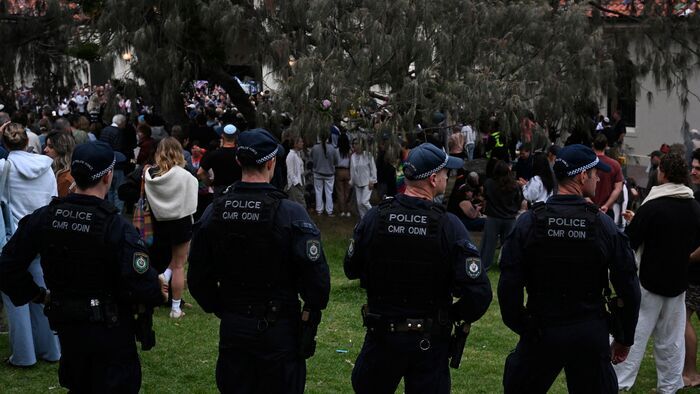





Szóljon hozzá!
Jelenleg csak a hozzászólások egy kis részét látja. Hozzászóláshoz és a további kommentek megtekintéséhez lépjen be, vagy regisztráljon!